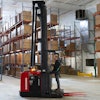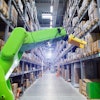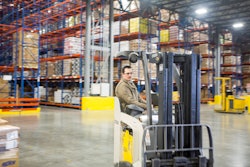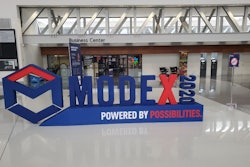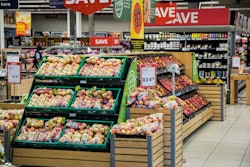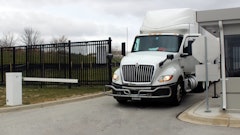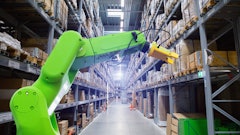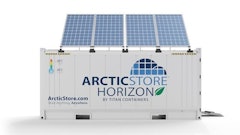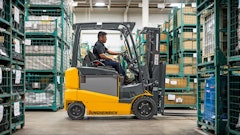
The COVID-19 pandemic is creating massive disruption in the food industry, which will result in increased demand for industrial cold storage space in the U.S., according to a new CBRE report. As many consumers shelter in place, online grocery sales have increased dramatically. CBRE Research explored the relationship between e-commerce grocery growth and cold storage warehouse capacity in its Food on Demand Series: Cold Storage Logistics Unpacked, suggesting that an additional 75 to 100 million sq. ft. of industrial freezer/cooler space will be needed to meet the demand generated by online grocery sales in the next five years. The COVID-19 pandemic will likely accelerate this need for space, creating five long-term impacts for the cold-storage sector.
- E-commerce grocery will become more widely adopted as consumer comfort grows with the practice. This will trigger the aforementioned heightened demand for cold storage capacity.
- Public refrigerated warehouse companies will likely consolidate to gain more control of the cold storage footprint.
- Since e-commerce is typically fulfilled by local grocery stores, retail footprints will include more storage and fulfillment space, including a greater need for infill temperature-controlled facilities in proximity to consumers.
- Restaurants may see a significant shift in dining formats with less dine-in options and more delivery or take-out that would require cold storage capacity. Foodservice companies that supply restaurants may look to second-generation cold storage space as a cost advantage in a limited dining environment.
- Automation will increase, prompting higher-density, greater-height and smaller-footprint buildouts that will be required for around-the-clock operations.
“Until recently, consumers were not ordering a lot of perishables online, but that will likely change in a post-COVID-19 environment,” says Matthew Walaszek, associate director of Industrial and Logistics research for CBRE. “Now, we are seeing consumers trend toward buying foods online such as frozen meats and poultry. To meet this new demand, we will need more temperature-controlled space.”
